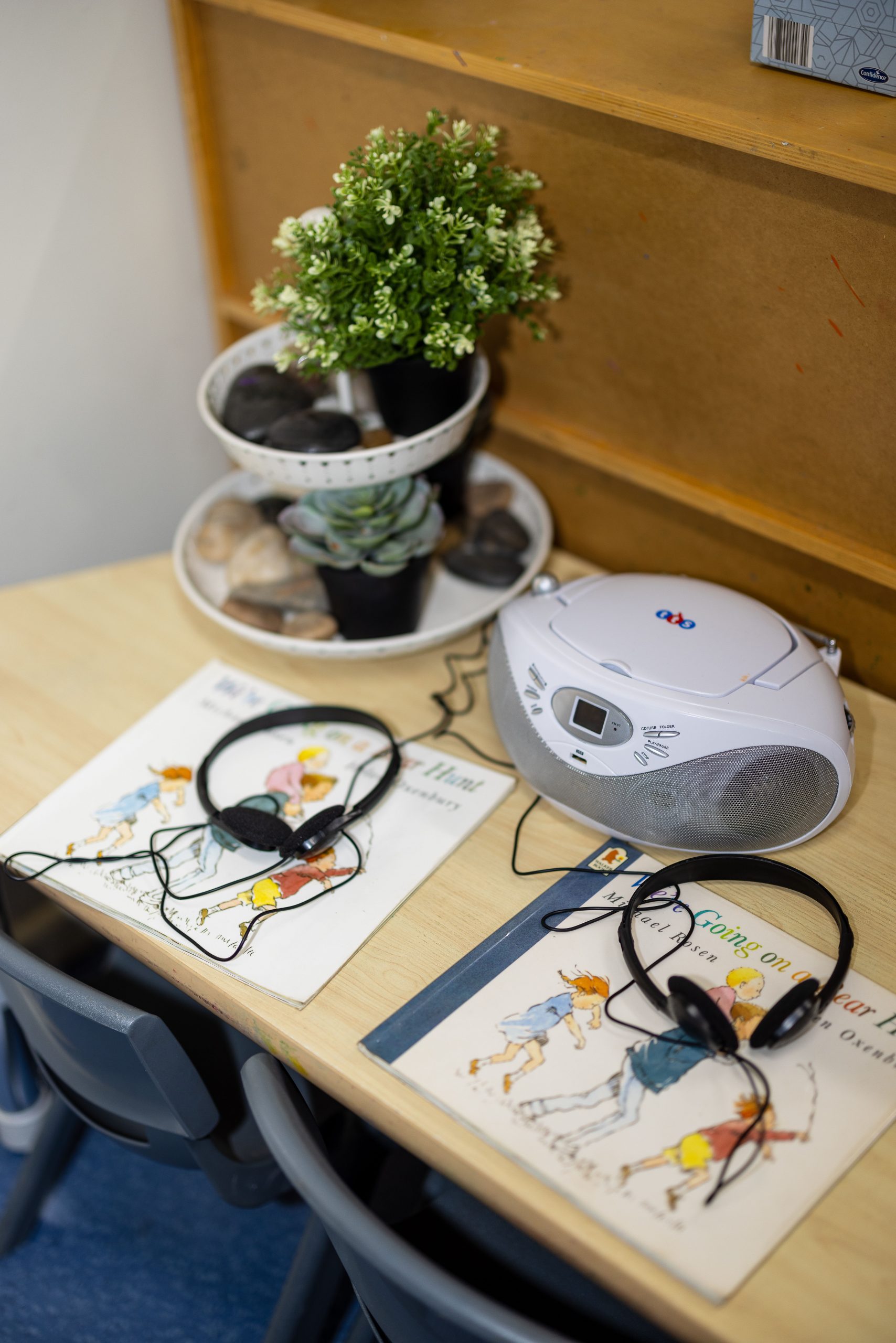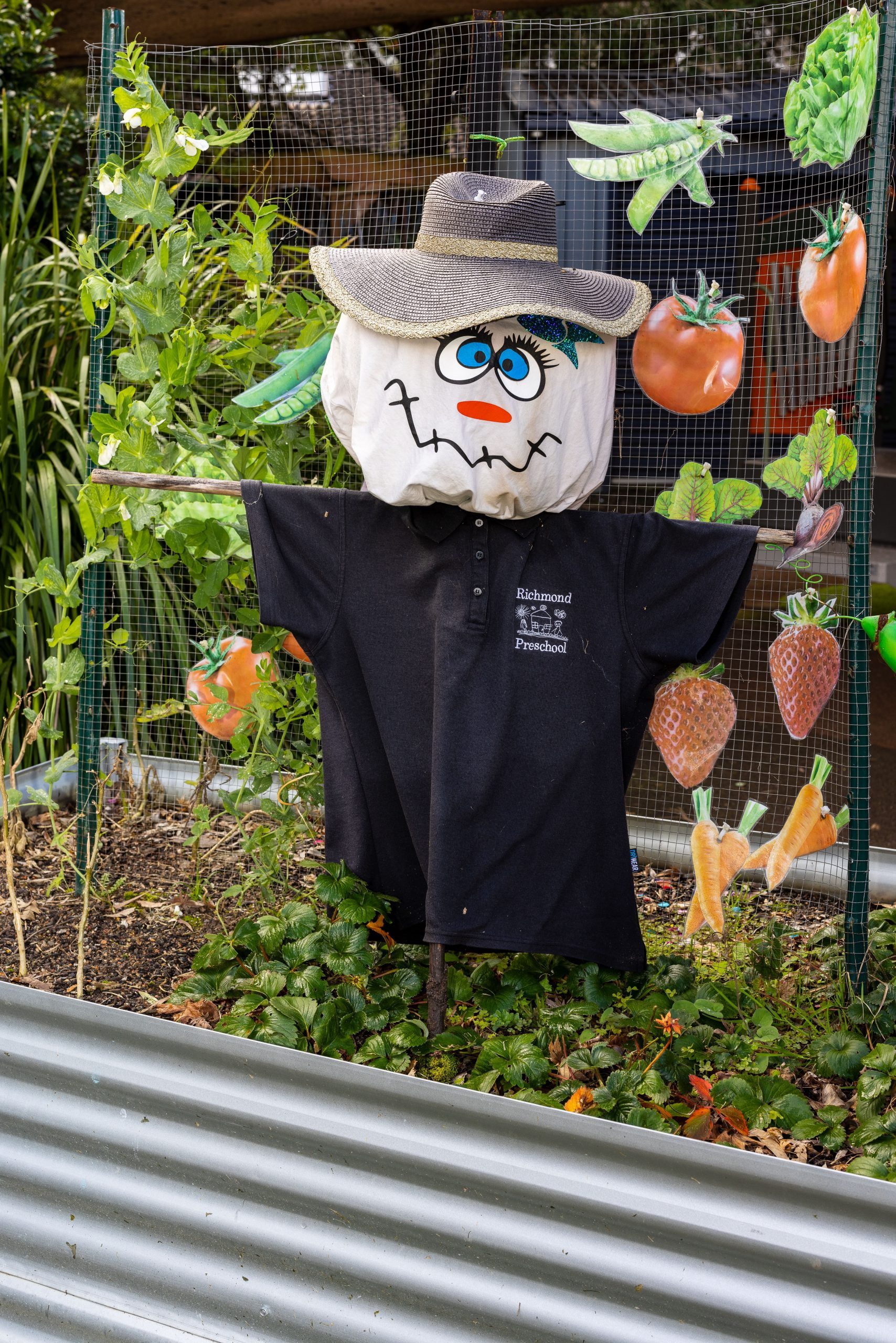Enrolments

How to enrol
The first step to take in attending Richmond Preschool is to fill in a Waiting List Form. You can either pop in and fill this out in person or fill out a form below.
Your childs name will then be put on an waitlist. The majority of positions at preschool become available at the start of the new year. We will contact you in September the year prior to attendance to begin the enrolment process. If a position becomes available throughout the year we will contact the next child on the waiting list of offer a position.
Enrolments
Priority is given to children who are eligible to attend school the following year (must turn 4 by 31 July in the year they are at preschool).
Richmond Preschool follows guidelines set by DEC and gives equal priority of access to:
- children who are at least 4 years old on or before 31 July in that preschool year and not enrolled or registered at a school
- children who are at least 3 years old before 31 July in that preschool year and are – children from low income families – children from First Nations Families
- -children with a disability and/or additional needs
- children with english language needs
- children who are at risk of significant harm ( from a child protection perspective)
Our priority is determined by the Director/Nominated Supervisor taking into account these guidelines
Children with additional needs are welcomed and included in every aspect of the program. (An enrolment interview will be required to ensure we can meet your and your childs needs.)
When your child is offered a position and before they commence at preschool you are required to provide;
- A copy of your child’s Birth Certificate
- A copy of your child’s Immunisation Record (ACIR)
- Completed enrolment form
- Child information sheet
- Health plans or specialist reports if applicable
- Pay an enrolment fee and holding deposit

Helpful Hints
Before your child begins preschool.
We are sure you will enjoy your time with us. This information is provided to help you and your child make a smooth transition to preschool.
The first day of preschool is an important day for both you and your child.
Preparing your child for preschool is extremely important to ensure that anxiety is minimal.
The most important thing to remember is to:
BE POSITIVE !!!!!
Don’t let your child hear anything negative. For example, some parents will often talk about how anxious they are about their child’s first day. If your child hears how anxious you are then they are also going to be anxious. If you need to express your fears with educators or relatives its best if your child is not able to hear you.
Don’t feel guilty. Many children will be very unsettled on their first day. This is normal. What we encourage parents to remember is that you have put your child into preschool for a specific reason whether it is to develop skills in certain areas, for social interaction with other children or for school readiness. Therefore you need not feel guilty if your child is having difficulties settling. If you are concerned please talk to the educators, we are here to help. Be patient, some children can take up to 6 weeks to settle in. Try to focus on the reasons you are sending your child to preschool and the long term benefit of having them settle more easily into formal schooling.
To help prepare your child for preschool you may like to do the following things:
- Talk to them about what they will do at preschool. For example – painting, water play, block play, lunchtime, singing, stories etc. Talk about the educators who will take care of them. Ensure that they are aware that if they need anything that they can ask an educator, who will help them. Try to use the educator’s names so the children will become used to them.
- If your child is from a non-English speaking background, then make sure the educators are aware of some key words that will enable us to help your child eg. toilet, lunch, mum, dad etc.
- For those of you who have older children who have attended preschool, encourage them to talk about the fun things that they did or show your preschooler photos and craft items you may have kept.
- Make a special trip to the shops to gather things your child will need at preschool eg. lunch box, hat.
Some Helpful Hint to Settle Your Child
We encourage parents not to remain at the preschool for too long in the morning. This may end up being more distressing for your child.
Some children are very good at getting you to stay for “just a little longer” so that when the time comes to say goodbye they have greater difficulties separating. Tell your child that you can’t stay but you will be back to pick them up.
The most effective strategy that we use if your child won’t leave you is to ask you to place your child in the care of a staff member, say goodbye and make a hasty retreat from the room. This may be very distressing for you as a parent, but in most cases your child will settle very quickly. We will be there to comfort them.
Once you have said goodbye please ensure that your child cannot see you. This enables your child to settle in and become involved in the programme.
If you leave and your child is distressed, then please ring us during the day, as many times as you need to. You can also ring at any time to check how your child is settling in. Once your child is settled and familiar we are happy for you to stay at preschool and join in experiences if you wish.
Separation Anxiety
Starting preschool can be a little overwhelming and stressful for both parents and children alike. As a result, it is common for some children to experience varying degrees of separation anxiety where they can exhibit a number of distressing behaviours from crying to anger and frustration. Educators are sensitive to this and are there to help you and your child. If you require advice or assistance in dealing with this please do not hesitate to ask. Briefly, it is most important that you do not sneak away even though it may save a scene. This causes insecurity in your child and will ultimately prolong the anxiety. After a short period of settling time, tell your child that it is time for you to go, that you will come back at 3 o’clock. Say goodbye and leave your child in the care of an educator. Be brave – if you are hesitant about leaving your child, they will pick up on your apprehension. Most children settle quickly and learn that it is a safe and fun environment. You are welcome and encouraged to phone preschool if you are concerned upon leaving. The most important part about preschool is to enjoy the experience so please do not hesitate to speak with educators if you are experiencing any difficulty.
When your child is attending preschool
Each child should bring a small bag or backpack with their things in it to preschool. Your child should be able to open this easily so as to put their things away and get things out on their own. The bag will remain in your child’s locker during the day.
What your child needs to bring to preschool?
- 2 full change of clothes (Seasonal)
- Wide-brim sunhat (all seasons)
- Sandals and/or shoes NO THONGS or slip on shoes please
- Lunch and snack (refer to our Nutrition Policy for further suggestions)
- Water bottle containing WATER ONLY
Clearly label all possessions and clothing with your childs name including lunchbox, bag, shoes and socks etc. This prevents any confusion over ownership.
Preschool has a limited supply of spare clothes so please ensure your child has their own in their bag.
Preschool T-shirts and sweat shirts are also available for purchase from the office.
As we aim to encourage children’s independence we ask that you assist us by dressing your child in non-restrictive and serviceable clothes so they feel free to join in all activities. For this reason we ask that thongs, gum boots and “party” shoes not to be worn to preschool, sneakers and sandals are more practical shoes. Braces, belts and overalls also prove difficult for children to manage. Allowing your child these comforts assists in fostering your child’s independence.
Be aware of things that may unsettle your child. For example, changes in our preschool routine can distress some children who would normally settle without difficulty. Changes at home can have a variety of effects on children. Some changes may include a new baby, moving house, renovations to your house, parental stress etc. We find that the end of the year can unsettle children who have had no previous settling problems. This can be due to a child’s fear of ‘big school’ or the added pressures that families feel around Christmas time. Letting an educator know of any changes to your home life can help us to be extra aware of any differences in your child and may assist us in understanding any behaviour changes. We have resources/handouts, which may help you with any areas your child may be worried about.
At Richmond Preschool your child‘s happiness and welfare are our main concern. If you are worried about your child in any way or just wish to know how he / she is going at preschool please feel free to speak to your child‘s educator. We are concerned with children as an individual and assess their needs and development continually. At all times we try to make the preschool an extension of the children‘s home environment with many new experiences and lots of new friends. As this is usually your child‘s first real step into the world outside his / her home, we aim to make is an enjoyable and valuable experience which your child will recall with fond happy memories through their childhood.
Educators are always happy to discuss your child with you. In fairness to the other children and in lengthy or confidential matters we ask that you make an appointment with the educator so that the matters are given the attention they deserve.
